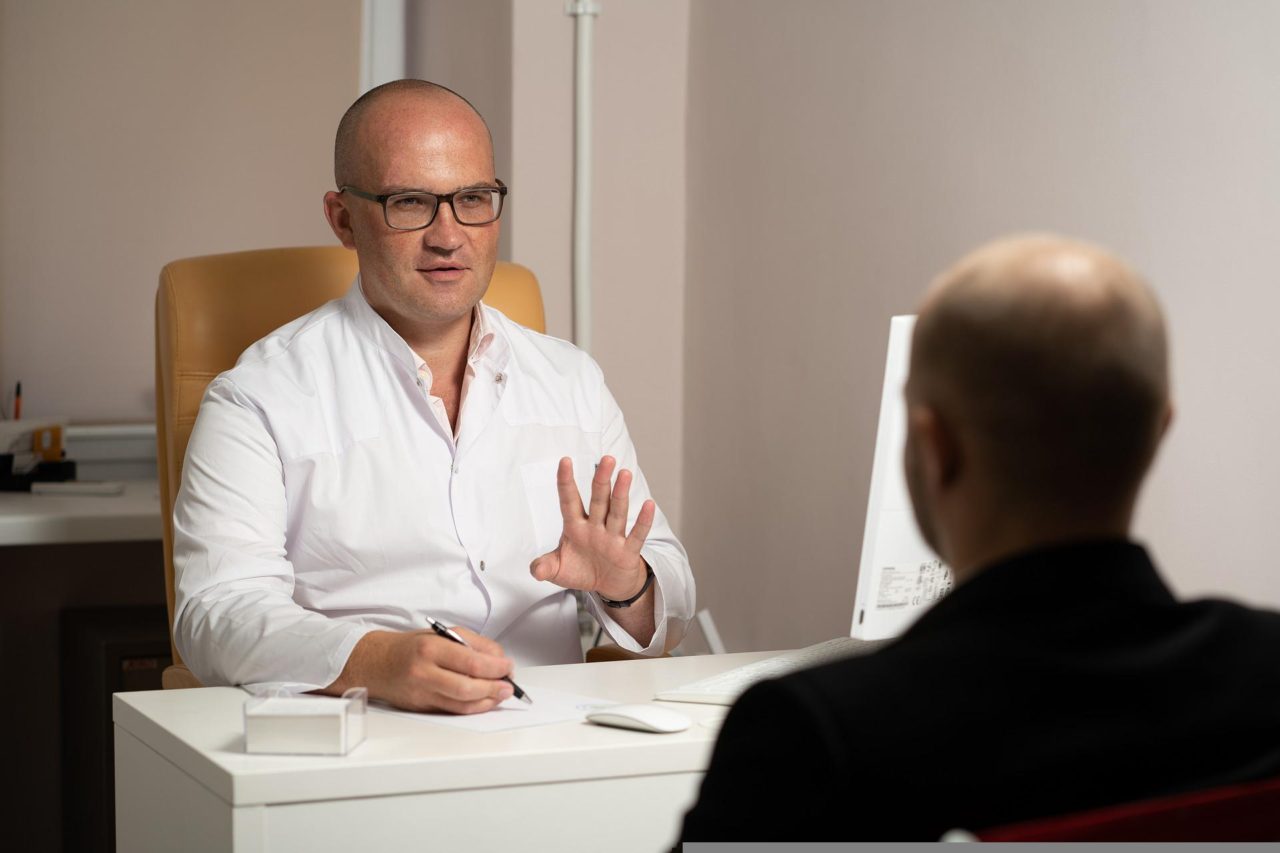Do you suffer from a mental illness, or similar disorder, or a developmental disability, and have been charged with a criminal offence? Instead of being dealt with as a criminal matter, you may possibly be eligible to be dealt with pursuant to the Mental Health (Forensic Provisions) Act.
Eligibility for Section 32 Application
If you suffer from a mental illness, condition or disorder, or a developmental disability, and you have been charged with a criminal offence, you may possibly be eligible for a section 32 application. This is an application which is made pursuant to the Mental Health (Forensic Provisions) Act, 1990.

Section 32 Applications – Discretion
Section 32.(3) gives a discretion to the Magistrate to make an order dismissing the charge and discharge the defendant:
(a) into the care of a responsible person, unconditionally or subject to conditions, or
(b) on the condition that the defendant attend on a person or at a place specified by the Magistrate for assessment of the defendant’s mental condition or treatment or both, or
(c) unconditionally.
Purpose of Section 32
The purpose of section 32 is to allow you, if you have a mental condition, a mental illness or a developmental disability, to be dealt with in an appropriate treatment and rehabilitative context. This can, if necessary, be enforced by the court if you don’t comply with your treatment. The practical purpose of these diversionary powers is that they allow the Local Court to deal more humanely with you if you have a mental illness or cognitive impairment than its general powers otherwise allow.
Section 32 Application – Implications
If an order is made in accordance with section 32, as the result of a section 32 application made on your behalf:
- there will be no finding of guilt;
- the charge will be dismissed without conviction; and
- you will be discharged from the Court system, usually on specific conditions that you comply with certain treatment requirements.
These types of orders can result in offenders improving their mental health and not coming back before the courts. This is seen to be an outcome that is in the community interests (as well as in the interests of the offender).
Section 32 Application – Treatment Plan

Generally a Magistrate will not consider an application under section 32 unless there is a treatment plan put before the Court which will be sufficient to support a defendant through his/her recovery/treatment phase for at least the next six month period. The person who will be overseeing the plan often needs to be identified to the Court, and should agree to both overseeing the defendant’s compliance with the treatment plan, and reporting any non-compliance to the Court.
Failure to Comply with Treatment Plan
Any failure to comply with the treatment plan can result in the defendant being brought back to Court and dealt with according to law. It is therefore important for a defendant to understand this potential ramification of non-compliance, before a possibly futile section 32 application is made to the Court.
Where to From Here?

Criminal Lawyers Sydney and Suburbs are experienced in making section 32 applications in the Local Court. In fact, Brigitte Simeonides, the principal of Brigitte Simeonides & Associates, has presented several educational papers to the Mental Health Professionals Network on this topic.
If you have been charged with an offence and you believe you have a mental health issue, particularly if that issue impacted on your offending behaviour, call us today, on (02) 9533 2269 – and find out whether a section 32 application can be made, to keep you out of the criminal system and into a treatment plan to help you stay well and out of further trouble!
Call today on (02) 9533 2269


